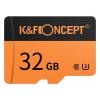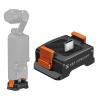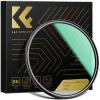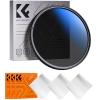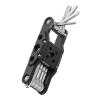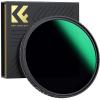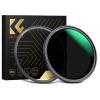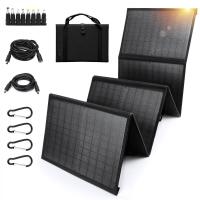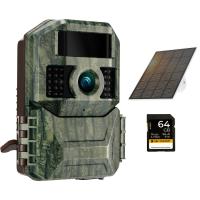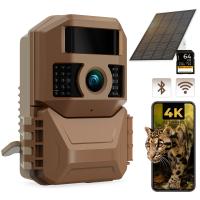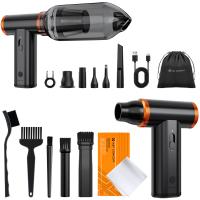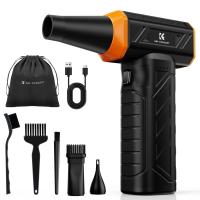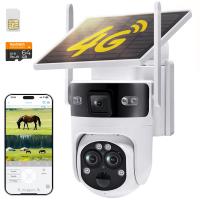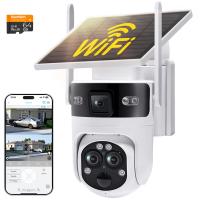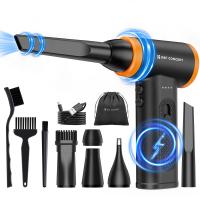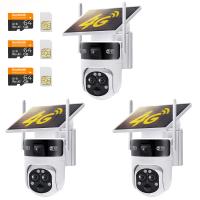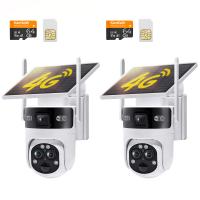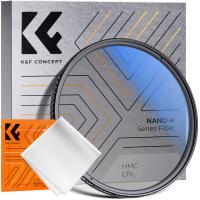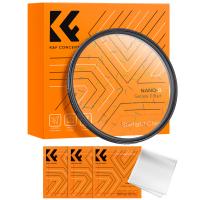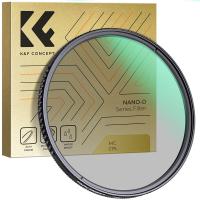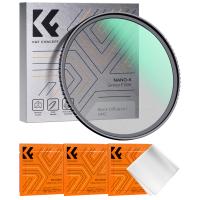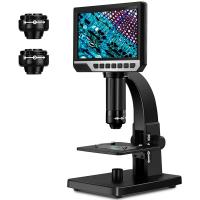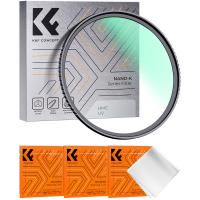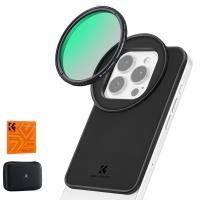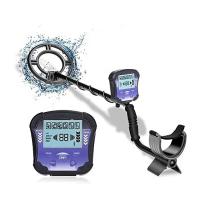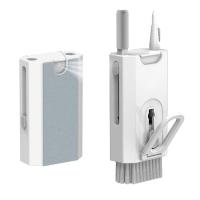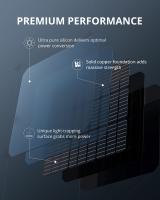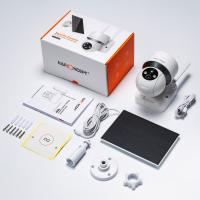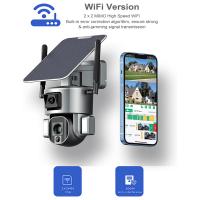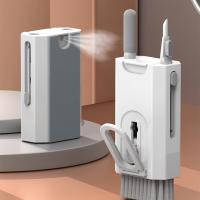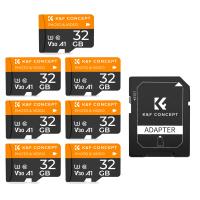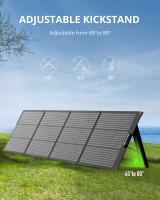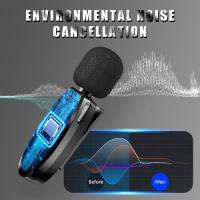How To Clean Solar Panels At Home?
Cleaning solar panels at home is an essential maintenance task that ensures they operate at maximum efficiency. Over time, dust, dirt, bird droppings, and other debris can accumulate on the surface of solar panels, reducing their ability to absorb sunlight and generate electricity. In this article, we will explore the best practices for cleaning solar panels at home, the tools and materials needed, safety precautions, and tips for maintaining their cleanliness.
Why Cleaning Solar Panels is Important
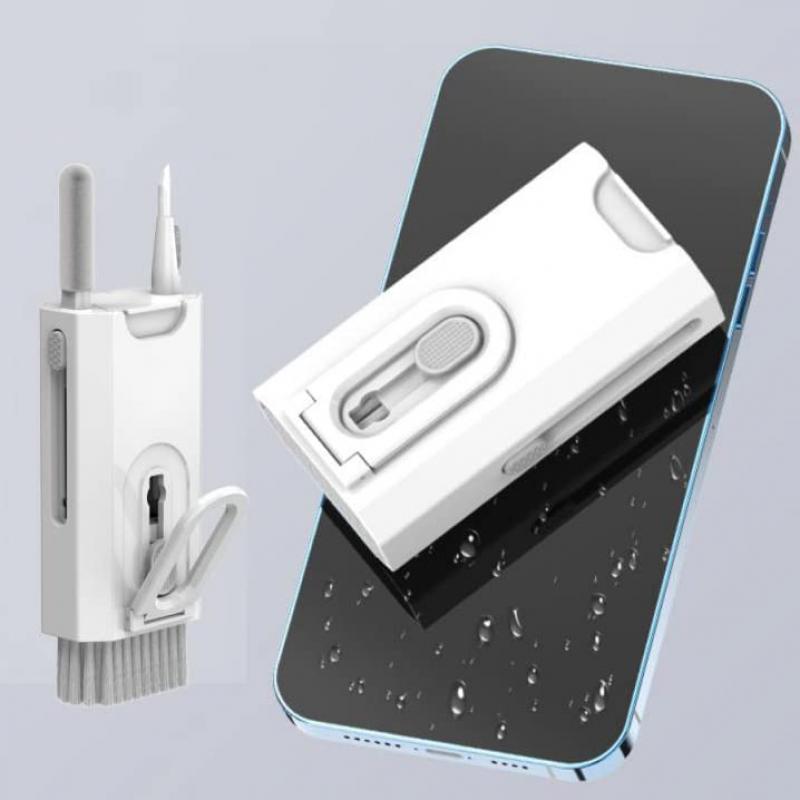
Solar panels are designed to capture sunlight and convert it into electricity. However, any obstruction on the surface of the panels can significantly reduce their efficiency. Studies have shown that dirty solar panels can lose up to 25% of their energy output. Regular cleaning ensures that your solar panels are operating at their peak performance, maximizing your return on investment and contributing to a more sustainable energy solution.
Tools and Materials Needed
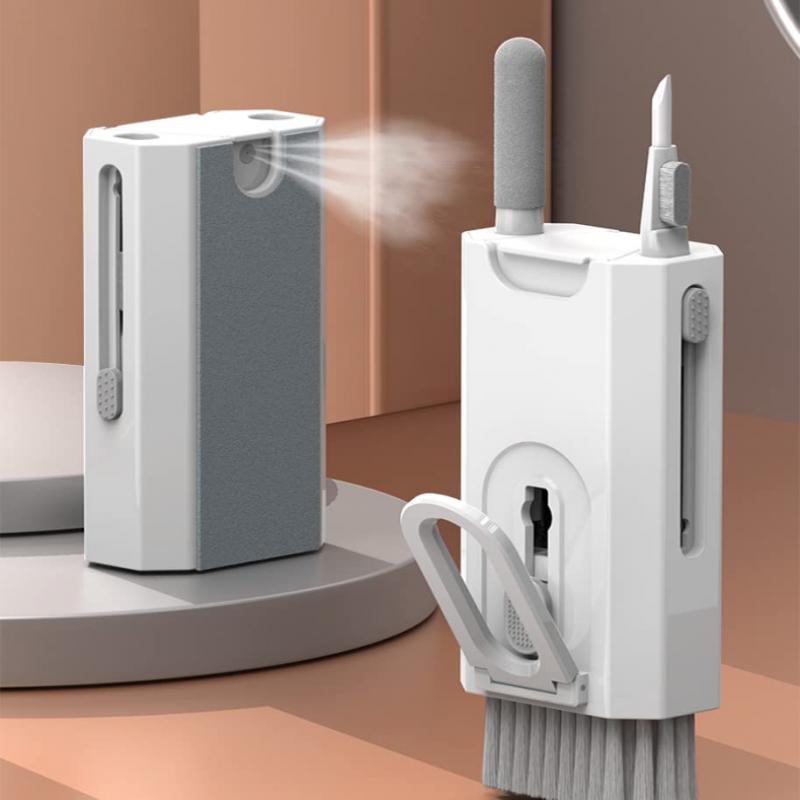
Before you start cleaning your solar panels, gather the following tools and materials:
1. Soft Brush or Broom: To gently remove loose dirt and debris.
2. Garden Hose: For rinsing the panels with water.
3. Bucket of Soapy Water: Use a mild, non-abrasive soap mixed with water.
4. Soft Sponge or Cloth: For scrubbing the panels without scratching them.
5. Squeegee: To remove excess water and prevent streaks.
6. Ladder: If your panels are installed on the roof, ensure you have a stable ladder.
7. Safety Gear: Gloves, safety glasses, and non-slip shoes for protection.
Safety Precautions
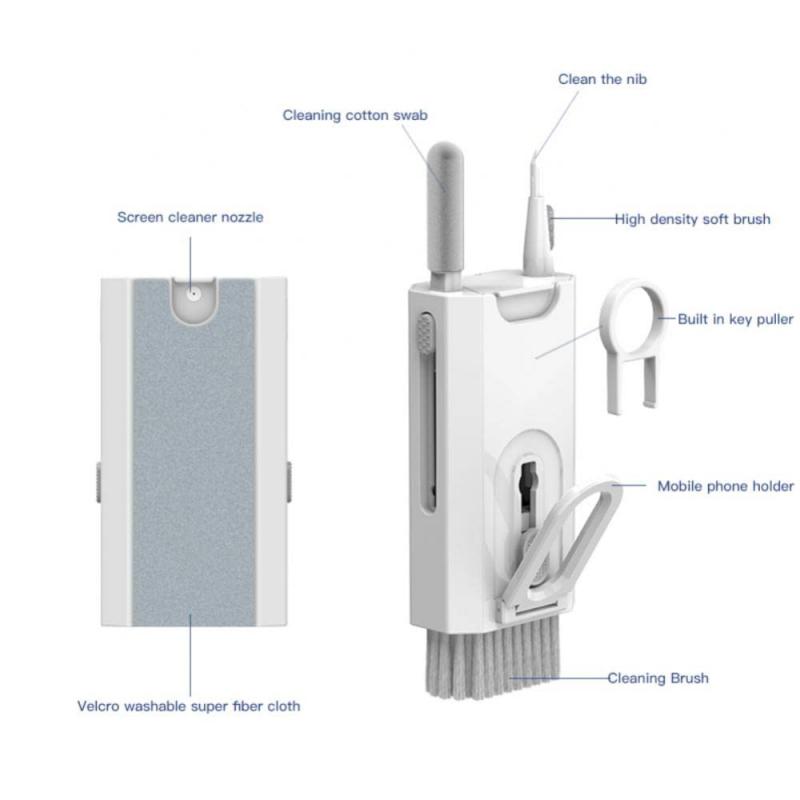
Safety should be your top priority when cleaning solar panels, especially if they are installed on the roof. Here are some safety tips to keep in mind:
1. Turn Off the System: Before cleaning, turn off the solar panel system to avoid any risk of electric shock.
2. Check the Weather: Clean your panels on a cool, overcast day or early in the morning to prevent the water from evaporating too quickly and leaving streaks.
3. Use a Stable Ladder: Ensure your ladder is on a flat, stable surface and have someone hold it for added stability.
4. Avoid Harsh Chemicals: Do not use abrasive cleaners or harsh chemicals, as they can damage the panels.
5. Be Gentle: Solar panels are delicate, so avoid using high-pressure water or scrubbing too hard.
Step-by-Step Cleaning Process
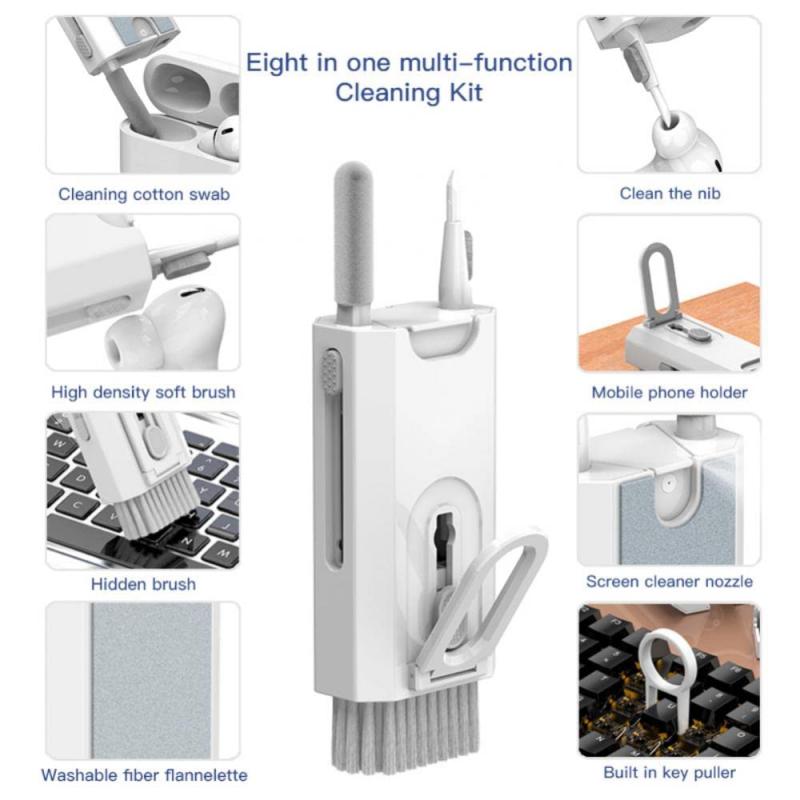
1. Inspect the Panels: Before you start cleaning, inspect the panels for any visible damage or debris. Remove any large debris, such as leaves or branches, with a soft brush or broom.
2. Rinse with Water: Use a garden hose to rinse the panels with water. This will help remove loose dirt and dust. Avoid using high-pressure water, as it can damage the panels.
3. Prepare Soapy Water: Fill a bucket with water and add a small amount of mild, non-abrasive soap. Mix the solution well.
4. Scrub the Panels: Dip a soft sponge or cloth into the soapy water and gently scrub the surface of the panels. Work in small sections to ensure thorough cleaning. Avoid using abrasive materials that can scratch the panels.
5. Rinse Again: After scrubbing, rinse the panels again with the garden hose to remove any soap residue.
6. Dry the Panels: Use a squeegee to remove excess water from the panels. This will help prevent water spots and streaks. If necessary, use a soft, dry cloth to wipe away any remaining water.
7. Final Inspection: Once the panels are dry, inspect them again to ensure they are clean and free of streaks. If you notice any spots you missed, repeat the cleaning process as needed.
Tips for Maintaining Clean Solar Panels
1. Regular Inspections: Check your solar panels regularly for dirt, debris, and damage. Regular inspections can help you identify and address issues before they impact performance.
2. Seasonal Cleaning: Depending on your location and the amount of dust and debris in the air, you may need to clean your panels more frequently. Aim for at least twice a year, or more often if you live in a particularly dusty or polluted area.
3. Monitor Performance: Keep an eye on your solar panel system's performance. If you notice a significant drop in energy output, it may be time to clean the panels.
4. Trim Nearby Trees: If you have trees near your solar panels, trim them regularly to prevent leaves and branches from falling on the panels and blocking sunlight.
5. Professional Cleaning: If you are uncomfortable cleaning the panels yourself or if they are difficult to access, consider hiring a professional cleaning service. They have the expertise and equipment to clean your panels safely and effectively.
Common Mistakes to Avoid
1. Using Abrasive Materials: Avoid using abrasive sponges, brushes, or cleaners, as they can scratch the surface of the panels and reduce their efficiency.
2. Cleaning in Direct Sunlight: Cleaning panels in direct sunlight can cause the water to evaporate quickly, leaving streaks and spots. Choose a cool, overcast day or clean early in the morning.
3. Ignoring Safety Precautions: Always prioritize safety when cleaning solar panels. Use a stable ladder, wear appropriate safety gear, and turn off the system before cleaning.
4. Neglecting Regular Maintenance: Regular cleaning and maintenance are essential for keeping your solar panels in optimal condition. Neglecting this can lead to reduced efficiency and higher energy costs.
Cleaning solar panels at home is a straightforward process that can significantly improve their efficiency and extend their lifespan. By following the best practices outlined in this article, you can ensure that your solar panels remain clean and effective, providing you with maximum energy output and savings. Remember to prioritize safety, use the right tools and materials, and perform regular inspections and maintenance to keep your solar panels in top condition. With proper care, your solar panels will continue to be a valuable and sustainable energy source for years to come.

